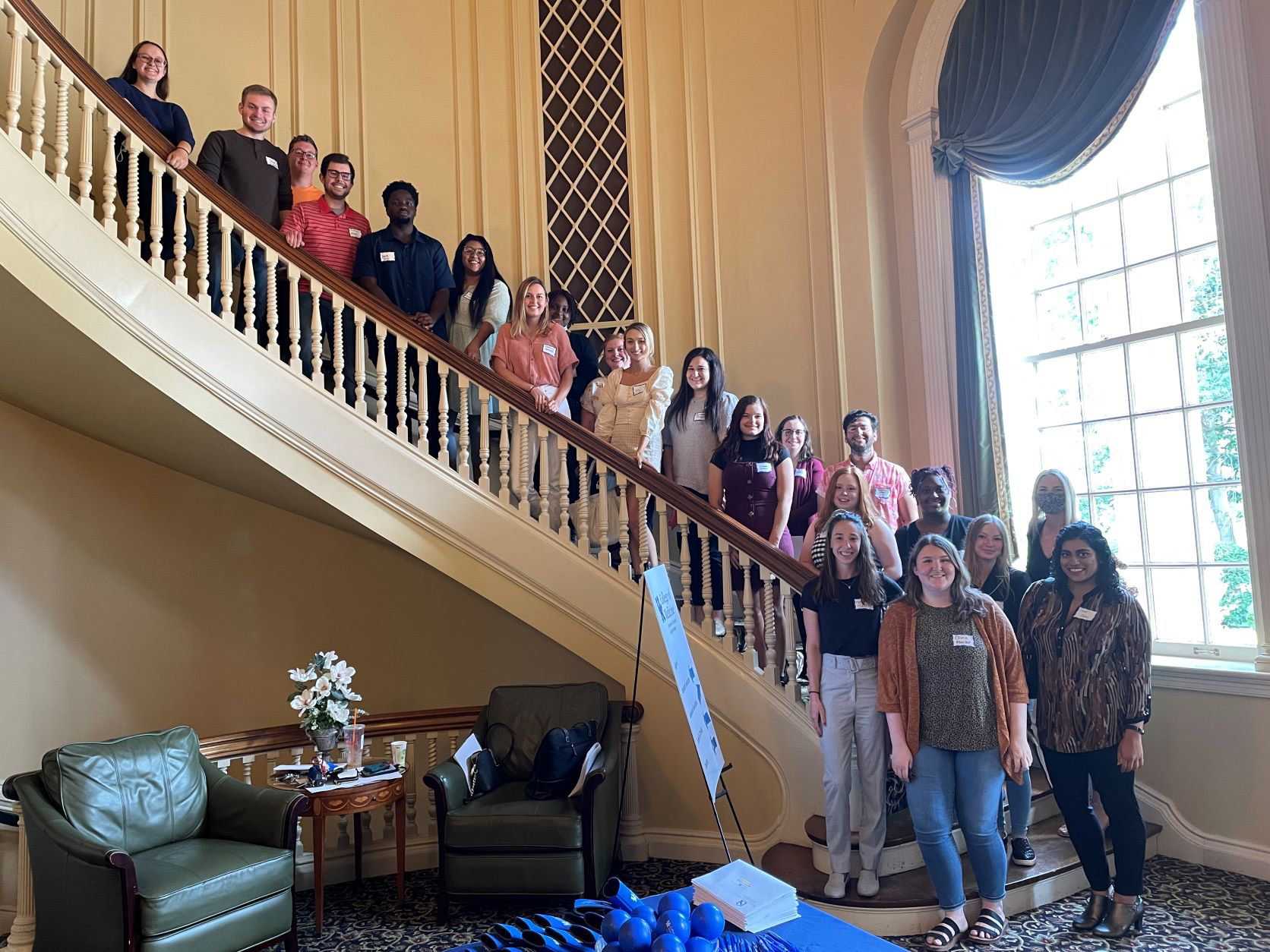College of Medicine’s New Professional Master’s Degree Trains Students for Wide Job Market in Forensics
Housed in the UK College of Medicine Department of Toxicology and Cancer Biology is a new professional master’s degree program that is the only one of its kind in the state of Kentucky, and the fifth of its kind in the country.
And due to its unique educational experience and strong curriculum, this new program is seeing a jump in its number of students.
The Master of Forensic Toxicology and Analytical Genetics celebrated its first round of graduates in spring 2021. All five graduates in the inaugural class joined the workforce soon after completing the program.
Now in its third year, the class has increased to 15 graduate students.
“The way we've designed our curriculum, students can go into the government sector, in forensic science, or they can go into the private corporate sector,” said Isabel Mellon, PhD, associate professor of toxicology and cancer biology and director of graduate studies. “We’re hopeful that they are being trained for a very wide job market.”
Graduates of the Master of Forensic Toxicology and Analytical Genetics program are competitive for workforce deployment in the areas of private industry drug testing, private DNA analysis, forensic governmental divisions, hospital clinical labs, and more.
The two-year professional degree program is split into two concentrations. One is focused on forensic toxicology and chemistry, and the other on forensic and analytical genetics.
Through the common core curriculum, students in both concentrations gain foundational knowledge in advanced forensic science, writing, communication, professionalism, ethics, legal perspectives, and workplace-specific laboratory skills. Meanwhile, each concentration maintains a rigorous targeted curriculum including internship experiences and elective courses.
“Students benefit from a solid curriculum and solid foundation,” Dr. Mellon said. “We have laboratory-based courses where they get to apply the things that they're learning in the courses to the lab, and we're trying to make the program current and high-tech.”
Her team created eight new courses specifically for the program taught by toxicology and cancer biology faculty and other forensic specialists. As an expert in DNA repair mechanisms, Dr. Mellon runs an advanced DNA course, which she says includes “cutting-edge and contemporary” hands-on learning opportunities.
Meanwhile, the final semester of the program includes two internships, each of which are 30 hours per week for seven weeks.
Dr. Mellon said there are numerous routes for graduate students to go with these internships. For example, two students from the inaugural class worked in the Kentucky State Police crime labs to witness how samples come in, how they’re analyzed, how they’re processed, and how to be an expert witness in court.
“I think the students find the experience very interesting and exciting even if they don't end up going into forensics as a career,” Dr. Mellon said.
For more information about the Master of Forensic Toxicology and Analytical Genetics, click here. Applications are open for the 2022 fall semester and go through the UK Graduate School.
